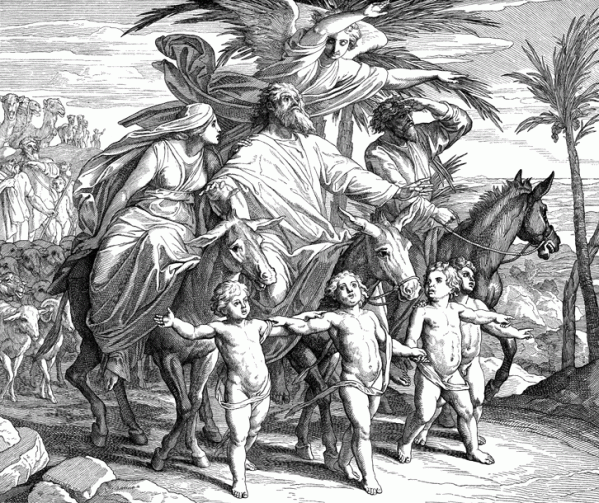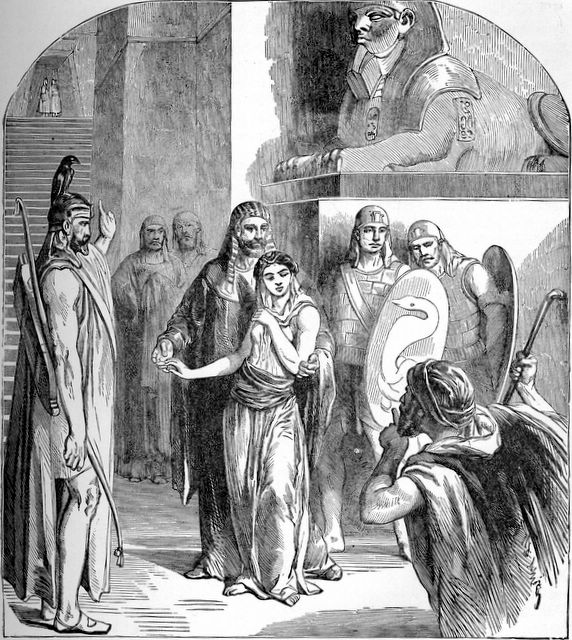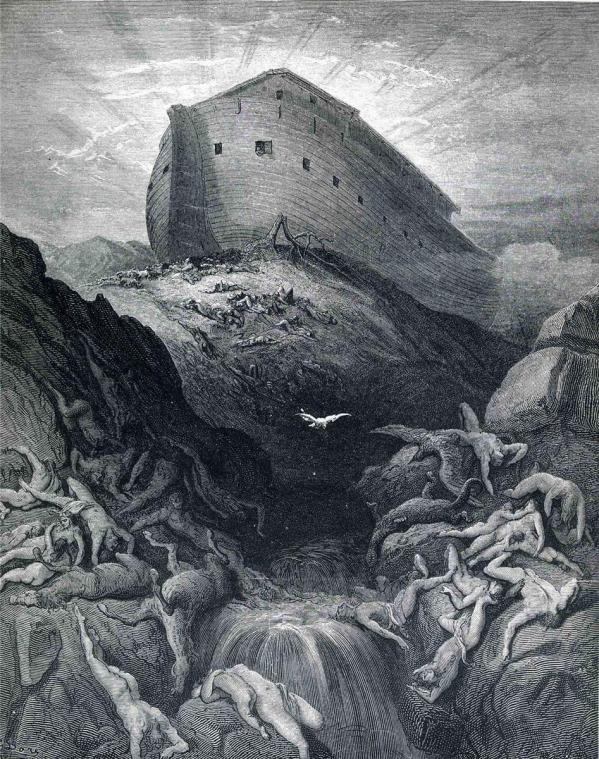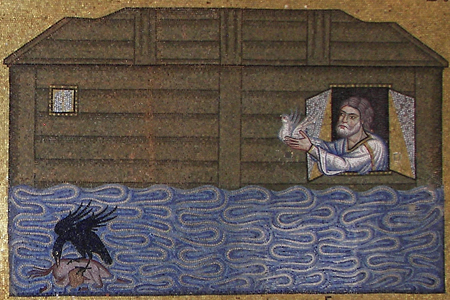After Pharaoh ordered Abram to leave Egypt, he returned to where he had been before the drought, in a place between Bethel and Ai where he had built an altar. In this place, the Bible tells us that he called on the name of the Lord. To set up this chapter, remember that there is probably still little food to go around. Lands do not recover from droughts overnight. We have already learned that Abram is a rich man, having a large herd of animals that help to feed many families that are likely employed under him. His nephew, Lot, is also quite wealthy and has many livestock. Their separation in this chapter does not seem to be due to a falling out, but out of necessity. To support all of these animals in a land that is going through a drought, the two of them, who have been inseparable so far, will be forced to separate.
Though conflict did not seem to be between uncle and nephew, those employed by them begin to strive for the dwindled grazing lands. Abram seems to be a sensible man and makes the hard decision to separate. What Abram says to Lot is interesting because it reveals that his character is growing, though we will see he still has a long way to go. Instead of asserting his seniority, Abram forgoes the right to choose the land he will dwell in and leaves the choice with Lot. In Egypt, Abram sought to help God’s blessing come true and the results were not so good. In Canaan, Abram realizes that God will bless him in whichever land he chooses to give him and that God doesn’t need his help choosing the best land. He is being selfless in this situation.
Lot makes what seems to be the right choice. By almost all standards, the land in the plain of Jordan to the east seemed perfect. In those days, river valleys were the cradle of civilizations, and this appeared to be much the same. Perhaps it was because of this that large cities sprung up in the plain of Jordan, cities like Sodom and Gomorrah. I do not think that the choice Lot made was an immoral one simply because the land included these cities. It does seem, however, that Lot is choosing the best land for himself for selfish motives. Abram accepts the decision without question and dwells in the west in the land of Canaan, while Lot travels east to the plain. Abram’s trust that God would do what He promised will be rewarded. The country he finds himself is not the choicest place in worldly terms, but he will still be able to care for his livestock in this hill country. We are given a description of the kinds of places Lot has chosen for his dwelling place, most specifically, Sodom, which is exceedingly wicked and sinful.
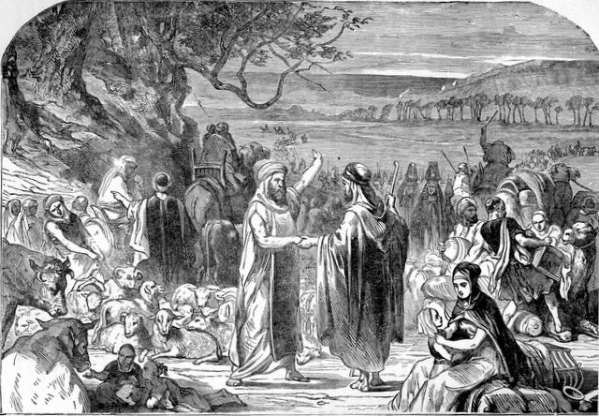
It is after this separation that God speaks with Abram again. This is when God reveals the land that will be given to Abram, and a further promise that everything God promised to Abram will be applied to his descendants as well, who will be numerous as the dust of the earth. I think at this point it is important to discuss adoption. This is basically what God has done. God has adopted Abram. There are some important things that this reveals to us. First, Abram is given preferential treatment. Abram, through no merit of his own, is given special blessings by his Father. Remember when Abram was in Egypt and made poor decisions concerning his relationship with his wife, calling her his sister, which resulted in a plague on Pharaoh’s house. Why was Abram not punished? Part of the answer is because even though Abram made a mistake, God was protecting ‘one of His own’. Pharaoh did not turn out to be the bad guy that Abram thought he would, but God was going to keep his promise to Abram, preserving his wife so he could bless the nations through his heir. Think of Lot here as well. Lot has been with Abram on this whole journey, but he is not being given the blessings. He is receiving them through his close proximity to Abram. God does not hate Lot or Pharaoh. In fact, he loves them both. But in a special and familial way, he loves Abram even more. Another part of this adoption is being given an inheritance. God wants to give his son things. All parents love to shower gifts on their children. This is not to spoil them, but just because we love them. Abram is promised heirs as numerous as the dust of the earth. He is also promised a land and a nation. Being adopted is a wonderful thing. Being adopted by God is the most wonderful thing.
After being given this blessing, Abram moves to “the terebinth trees of Mamre, which are in Hebron”, and builds yet another altar to the Lord there. This is the third altar Abram has built by my count. Abram seems truly devout and is proving it through acts of faith in the Lord.
